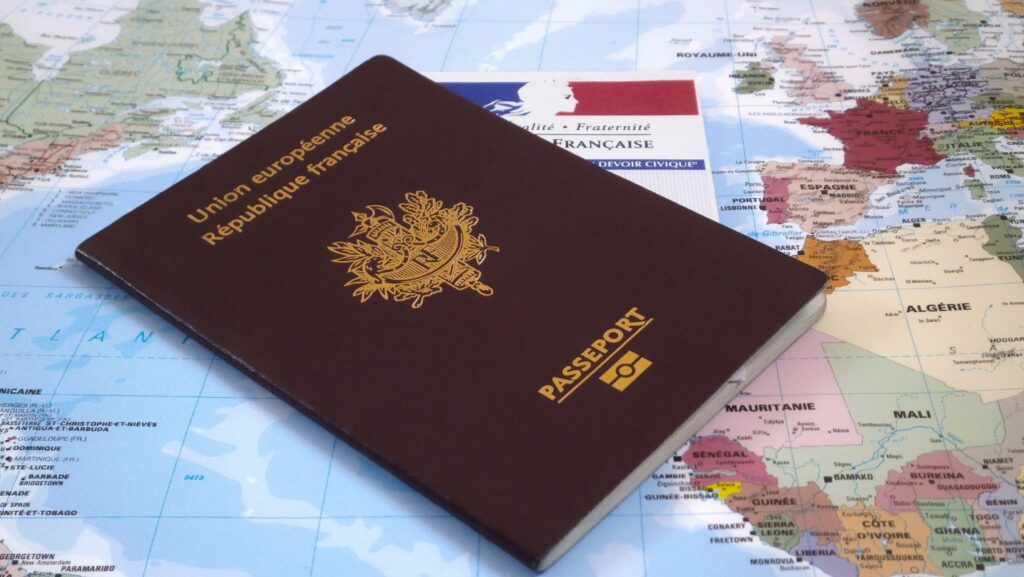Relocating abroad is an exciting yet complex endeavour, filled with both opportunities and uncertainties. While the allure of new cultures, professional growth, and personal adventure drives many to become expats, there are several key aspects that often catch people off guard.
Understanding these factors before taking the leap can significantly smooth the transition and reduce the risk of unpleasant surprises.
Research Goes Beyond Guidebooks
Many expats underestimate how deeply they need to research their new destination. Guidebooks and articles only scratch the surface—real insight comes from connecting with locals, engaging in expat forums, and seeking advice from relocation professionals.
Essential areas to cover include visa types, right of abode, employment laws, school systems, and cost of living specifics. Even mundane matters, like banking processes and internet availability, can become stressful without prior knowledge. A detailed checklist tailored to your destination will go a long way in ensuring nothing slips through the cracks during the planning phase.
The Emotional Impact of Leaving Home
Beyond the logistics, the emotional toll of relocation is real. Feelings of homesickness, isolation, and cultural disconnect can affect even the most seasoned traveller. You may find yourself missing small comforts, your local café, favourite brands, or shared cultural references, that you didn’t think twice about at home.
Having support systems in place, whether through virtual connections with loved ones or by forming new local friendships, can make a significant difference during the early stages of adjustment. Setting realistic expectations, embracing uncertainty, and allowing time to settle emotionally are just as important as securing a job or finding a house.
Banking, Tax, and Healthcare Complexities
Financial surprises abroad are common. Setting up local banking can be time-consuming, and not all international banks offer seamless transitions. Some countries require local proof of address before opening an account, and others impose high international transfer fees. It’s wise to open a transitional account in advance or ensure you have access to sufficient funds upon arrival.
Additionally, navigating unfamiliar tax rules or healthcare systems without expert guidance can lead to fines or gaps in coverage. You may be liable for dual taxation, or find that public healthcare options aren’t available to new residents. It’s advisable to consult tax specialists and secure private health insurance well before departure.
Packing and Logistics Are Complicated
The physical act of moving is often the final step, but it comes with its own set of surprises. Shipping times, customs regulations, and import restrictions can vary significantly. Items that are commonplace in one country might be restricted, taxed, or even banned in another.
Choosing a reliable moving partner becomes vital here. There’s a substantial difference between domestic removals and managing the paperwork, customs clearance, and logistics of an overseas relocation. Many expats recommend working with trusted international removals from New Zealand to ensure a smooth and compliant transition.
Language and Communication Gaps
Even in English-speaking regions, accents, terminology, and administrative language can cause confusion. Instructions for legal, medical, or financial matters are often packed with unfamiliar jargon, and miscommunication in these areas can have serious consequences.
Learning some of the local language, or even just key phrases, helps foster smoother interactions and shows cultural respect—a small effort that goes a long way. Language learning apps, online classes, or community meetups can provide a useful starting point before and after your move.
Community and Belonging Take Time
Settling in doesn’t happen instantly. While the initial period is often filled with novelty, building meaningful relationships requires time and effort. You may initially gravitate towards other expats, which can help ease the transition—but integrating into the local culture offers a deeper sense of belonging over time.

Joining interest groups, clubs, or local classes can ease integration and help bridge the gap between expat life and true cultural immersion. Volunteering, sports teams, or even just chatting with neighbours can slowly build a genuine connection to your new environment.
Prepare With Purpose
Moving abroad is more than a change of scenery; it’s a long-term lifestyle shift. The experience can be incredibly rewarding, but only if approached with both optimism and realism.
The more you prepare for the practical and emotional realities of expat life, the more confident and settled you’ll feel when you arrive. With the right mindset and support, you’ll be well-placed to thrive in your new home—not just survive it.












